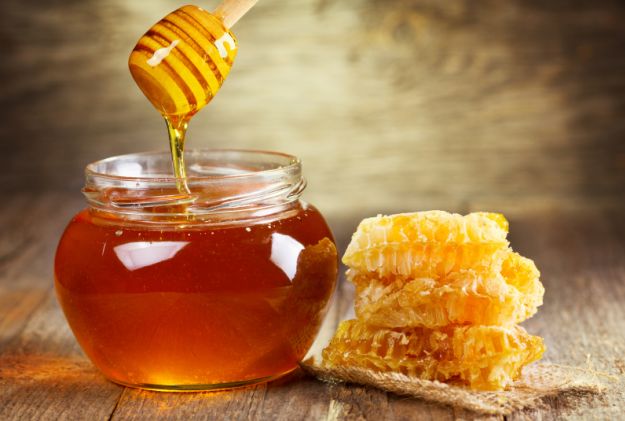ASTANA – Honey extraction in Kazakhstan takes place mainly in Altai region, and South Altai has a good quality harvest. Its compound has a wide array of microelements and vitamins and is more saturated and rich than that taken from Russia and the Baltic States flats.
“Honey production develops mostly in East Kazakhstan. Not many are involved in honey production on an industrial scale, but rather more owners do it as a private business. They extract honey from small bee yards, about 100-200 beehives, or some have smaller amounts like 50 beehives,” said self-employed entrepreneur Aleksander Medvedev in an interview with The Astana Times.
A resident of Karaganda, Medvedev has been involved with beekeepers and bee yards throughout his life and sells honey. He noted Katon Karagai, Zyryanovsk, Ridder, all located in East Kazakhstan, and a few other regions in the country have good honey, flowering and rich harvests.
Medvedev feels mixed hybrid honey is the healthiest, as bee gardens are placed in areas with sunflower, linden or buckwheat fields and bees collect nectars from the flowers. Mixed herb honey is highly valued and considered the best because of its natural qualities.
“Only Bashkir honey can compete with ones in Kazakhstan. Those who indulge and consume Kazakhstan’s honey (Altai region honey) do not consume Issyk-Kul or Tien Shan honey,” he said.
Medvedev has shipped honey to Bulgaria and the Czech Republic, where honey made in Kazakhstan has received an excellent response from consumers.
“Czechs, Germans and Bulgarians very much liked the honey I shipped,” he said.
In a 100-gram serving, honey provides 304 calories with an insignificant essential nutrient content. Composed of 17 percent of water and 82 percent carbohydrates, honey has a low fat content, dietary fiber and protein.
Honey is the main ingredient in mead alcoholic beverage, also known as “honey wine” or “honey beer,” and is also used as an adjunct in some beers. Medvedev notes honey can be a natural energy drink, too.
Some evidence suggests that honey may be effective in treating diseases and medical conditions such as wounds and burns. Many people believe it is possibly the most effective remedy for children’s chronic and acute coughs and many Kazakh families serve hot milk or tea with honey when someone catches a cold.
Honey may also be useful for controlling the side effects of radiation therapy or chemotherapy. People who have a weakened immune system should not eat honey, however, because of the risk of developing a bacterial or fungal infection.

